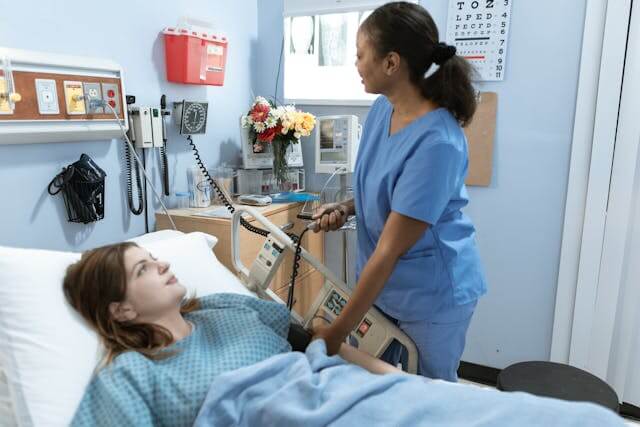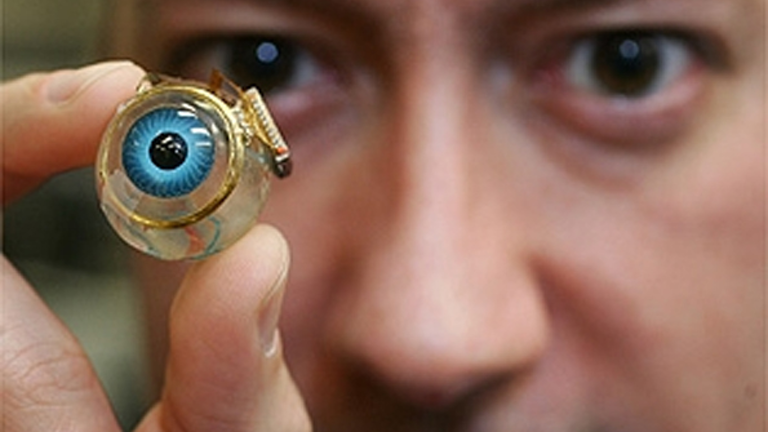
In the healthcare industry, the quality of the instruments used in the medical field can significantly influence the quality of service offered to patients. It is not enough for clinic operators and healthcare professionals to meet set standards and regulations; it is imperative to ensure that the medical equipment being acquired is of high quality since this affects the patients’ confidence and the clinic’s reputation. This paper will describe how to determine the quality and reliability of medical equipment so that the purchases you make are the right ones for the patient’s safety.
High-Quality Medical Equipment
These top-tier medical devices are critical to diagnosing, monitoring, and treating patients. The right equipment can enhance diagnostic skills and treatment efficiency and save lives. On the contrary, equipment malfunctions can lead to wrong diagnoses, delayed treatments, and adverse health impacts. Hence, every healthcare facility must strive to acquire quality equipment as it is.
Know the Manufacturers
The first process that can help ensure that only high-quality medical equipment is bought is to ensure that the equipment manufacturers are well-investigated. Search for well-known firms in the health industry, especially innovative ones that produce quality products. Learn about their background, performance, and what others in the healthcare profession say about them. Companies willing to invest their time and money in research and development, have quality control measures, and have good customer service are usually reliable providers.
Check for Regulatory Compliance
All the medical devices used in the clinical setting are required to meet the safety and standard requirements of the local and international laws. For instance, in the United States, the Food and Drug Administration (FDA) is the regulatory authority responsible for the accreditation of medical devices to ensure their safety and efficacy. When purchasing, ensure that the equipment has the proper certification and approval. This means that the equipment is legal as well as reliable and safe as required by the mentioned regulations.
Evaluate the Technology
Therefore, the tools used in clinics must be as modern as the techniques used in the healthcare industry. Determine if the technology used in a particular device is the most up-to-date and can offer the best results. Technological progress is characterized by an increased patient satisfaction index, shortened recovery periods, and higher accuracy of measurements, which may significantly enhance the productivity of your clinical practice.
Prioritize User Training and Support
High-quality medical devices can be of little use if the operators of these devices are not well-trained. When choosing the equipment, it is also essential to pay attention to the training and support that comes with it from the manufacturer. Thus, proper education of your personnel will ensure that the equipment is used correctly and to the maximum potential, enhancing patient outcomes and safety. Support can also help solve any problems quickly, thus reducing time off work.
Pay Attention to the Cost of Ownership
Medical equipment is not the only cost incurred in the acquisition process. It includes the costs of maintenance, the supplies used in the year, and any repair that may be needed in the course of using the equipment throughout its lifetime. Although high-quality equipment may be expensive to acquire, it can be more cost-effective in the long run since it does not require frequent replacement or repair.
Insist on Demonstrations and Trials
Before deciding to purchase particular products, it is better to ask for a demonstration of the products and their trial periods. This lets you get a feel for the equipment and how well it will work in your clinic, thus meeting your needs. The trials will enable one to identify any flaws that may be present as well as establish the compatibility of the equipment with other tools and systems in your clinic.
Maintain a Relationship with Suppliers
Here are some reasons why it is beneficial to develop a good relationship with your equipment suppliers: They are reliable and can offer advice on the best type of equipment to use, inform you about the newest technologies, and assist in training and maintenance. They also know and are willing to meet most, if not all, of your clinic’s needs.
Selecting the right medical equipment is fundamental to ensuring exceptional patient care and upholding the trust your clinic earns from those it serves. By diligently researching manufacturers, verifying regulatory compliance, and considering the total cost of ownership, you can make well-informed decisions that will significantly enhance your clinic’s operations. Remember, investing in high-quality medical equipment goes beyond mere expenditure—it’s vital to patient safety and health outcomes. For top-notch medical equipment, consider visiting Cevi Med, where quality meets reliability and innovation.


